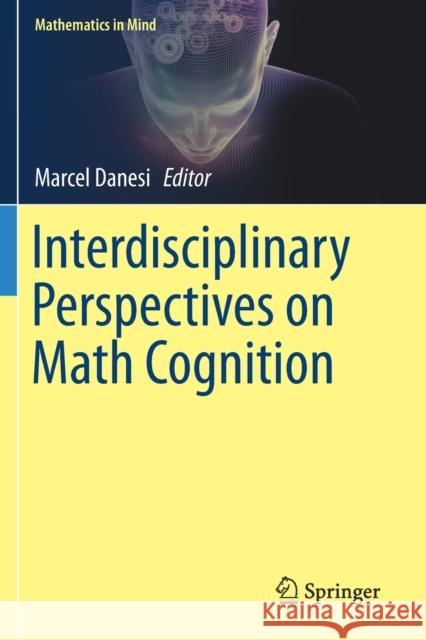Interdisciplinary Perspectives on Math Cognition » książka
topmenu
Interdisciplinary Perspectives on Math Cognition
ISBN-13: 9783030225391 / Angielski / Miękka / 2020 / 344 str.
Interdisciplinary Perspectives on Math Cognition
ISBN-13: 9783030225391 / Angielski / Miękka / 2020 / 344 str.
cena 442,79
(netto: 421,70 VAT: 5%)
Najniższa cena z 30 dni: 424,07
(netto: 421,70 VAT: 5%)
Najniższa cena z 30 dni: 424,07
Termin realizacji zamówienia:
ok. 22 dni roboczych.
ok. 22 dni roboczych.
Darmowa dostawa!
Kategorie:
Kategorie BISAC:
Wydawca:
Springer
Język:
Angielski
ISBN-13:
9783030225391
Rok wydania:
2020
Wydanie:
2019
Ilość stron:
344
Waga:
0.49 kg
Wymiary:
23.39 x 15.6 x 1.88
Oprawa:
Miękka
Wolumenów:
01
Dodatkowe informacje:
Wydanie ilustrowane











